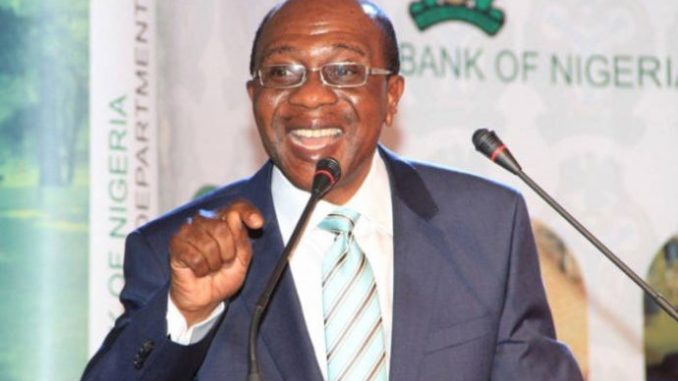
…Retains policy rate at 14%
From Uche Usim, Abuja
governor of the Central Bank of Nigeria (CBN), Mr. Godwin Emefiele, has hailed security agencies, especially the Department of State Security (DSS) on the recent raid and arrest of foreign currency (forex) traffickers in various parts of the country, urging them to sustain the tempo.
Briefing journalists in Abuja, yesterday, on the outcome of the 110th meeting of the Monetary Policy Committee (MPC), the CBN boss said those arrested were foreign currency hoarders whose unwholesome practices have kept the US dollars very high and scarce, to the detriment of Nigerians.
Emefiele stressed that the Nigerian foreign exchange regulation forbids trafficking in hard currency on the streets, adding that the DSS’ raids were lawful and commendable.
His words: “First of all, the foreign exchange regulation in Nigeria today forbids trafficking in currency on the streets. We should underscore that point. You cannot stand on the street and traffic in foreign exchange. What we know is that the security agencies have the right to enforce the laws, which says you cannot traffic in foreign exchange. You’re supposed to be in your offices to conduct your businesses. So, you will have to adhere to that.
“If you don’t adhere to that, the security agencies will arrest you. So, on whether it’ll drive black marketers away and make dollars more scarce, let me say that black market in itself is an illegal business. So, we don’t consider, in our own analysis, people who want to go underground to conduct illegitimate business. If you are conducting a legitimate business, you should be free to operate openly; not under the table”, he explained.
On the allegation that the apex bank plans to confiscate and jail those who keep dollars at home, Emefiele said there was no such plan, even as he urged Nigerians to verify information before serving the public same.
Meanwhile, Nigeria’s Monetary Policy Committee, Tuesday left its key interest rate on hold at 14 per cent for the second month in a row, as the economy contends with its first recession in 25 years due to low oil prices combined with high inflation. Prices of oil, Nigeria’s main export, have plummated in the last few years, while inflation accelerated to a more than 11-year high of 18.3 percent in October, creating conditions for ‘stagflation’ – low or no growth combined with high prices.
Governor Godwin Emefiele, who read the communique at the end of the 2-day meeting, said the decisions to keep the benchmark interest rate at 14 percent and cash reserve ratios for commercial banks at 22.5 percent were agreed by all 10 members of the Monetary Policy Committee present.
“Considering the importance of price stability and being mindful of the limitations of monetary policy in influencing output and employment under conditions of stagflation, the committee decided unanimously in favour of retaining the current stance of monetary policy,” said Emefiele.
The rate decision comes a day after data showed the recession was deepening, with Nigeria’s gross domestic product contracting in the third quarter by 2.24 percent year-on-year.
-Sun











